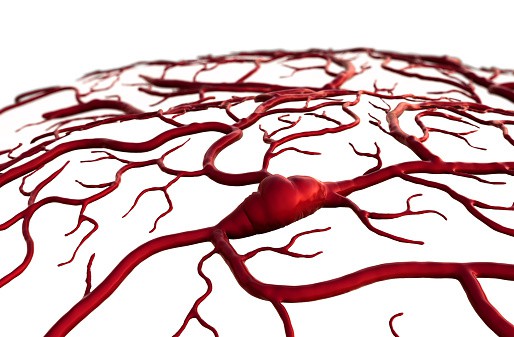
The Montreal Heart Institute (MHI) has announced the BRAIN-AF clinical study in collaboration with the Canadian Stroke Prevention Intervention Network, the pharmaceutical company Bayer, the Montreal Health Innovations Coordinating Center (MHICC), and the MHI Foundation. The MHI’s team of specialists, researchers and multidisciplinary teams from some 50 Canadian centres aim to demonstrate that taking a low dose of rivaroxaban, an anticoagulant, could decrease the risk of developing cognitive impairment, transient ischemic attack or stroke in patients with atrial fibrillation.
The BRAIN-AF study suggests that a low dose (15 mg a day) of an anticoagulant (rivaroxaban), compared to a dose of 100 mg a day of Aspirin, could reduce the risk of cognitive function decline, stroke or TIA in patients with atrial fibrillation by decreasing the rate of cerebral microemboli.
“According to the World Health Organization (WHO), 47.5 million people worldwide have dementia,” says Dr. Lena Rivard, cardiologist and director of the study. “In Canada, approximately 750,000 people currently have dementia, and this number is expected to double by 2031. It would therefore be a major victory if we could prevent some cases of dementia, including those linked to atrial fibrillation, thanks to the BRAIN-AF study,”
“We are extremely proud of Dr. Rivard, the project’s principal investigator, as well as her entire team of specialists who could make this major breakthrough in cardiology and medicine in general possible,” says Dr. Denis Roy, Chief Executive Officer of the Montreal Heart Institute, who has conducted numerous international studies on atrial fibrillation. “We want to bring hope to our patients and their families, while advancing science. That’s what we’re working towards.”













